- Download:
- MP3 Audio69 MB
I studied with Eric Reed at the New School University, and getting to interview him on this podcast was such a great pleasure!
To be able to talk to one of the leading jazz pianists in the world and history was surreal for me. It was so kind of him to come on the show!
He makes such insightful points about music and is able to articulate his thoughts with incredible clarity.
Do not miss this episode- and make sure to listen all the way through! Some of the best info is at the end.
Visit Eric’s Website for info, shows, and album sales!
Eric Scott Reed Website
The Big Bullet Points
- I am always asking myself questions. What am I doing? What would I change? What would I have done differently if I had the opportunity? Measure yourself against yourself!
- If an artist was ever completely satisfied I don’t think the artist would feel the need to continue. They continue to always do better than before.
- Stevie Wonder in the 1960-1980’s was constantly keeping his music relevant to the people at the time.
- At an early age I made a decision to focus on Jazz because it was such a challenge for me.
- With my father being a Baptist Minister, Gospel music was what I remember being the earliest music I was around.
- I was always surrounded by music and people. In addition to church, my brother played the guitar. My father loved gospel and my mother just loved music.
- I may play anything from 80’s Rock to 70’s R&B. Music is music, if it’s good. I gravitate towards anything that speaks to me.
- I am embracing whatever I find to be beautiful, whatever genre. I want to reach all people, not all people are Jazz fans.
- I am always keeping my ears open to what is going on, listening to the sounds of what is happening at this moment. I want to be aware, open and evolve.
- Be available!! You never know when you can learn or do something new.
- I have always seen a music performance as a mentoring environment.
- I think it would benefit the entire scene if there were a cross generation interaction.
- Music can’t evolve unless the same group of musicians are playing together all of the time.
- If you can go to a performance and predict what it will sound like, that may be a problem. It may be stale and time to change it up.
- Wonderful musicians miss out on opportunities to play with other wonderful musicians because they choose to not branch out. They stay together for a very long time. You can take a break and go back to the group, it is good to see what you and others are able to do.
- But, a band can’t learn and grow if there are always different people.
- I know what I want to achieve, a band sound without it being a band.
- It all has to do with ballads.
- Playing a ballad now is different than the 30’s & 40’s, no one is dancing!
- A Ballad Tempo in the 30’s was actually a “dance tempo”, it was a slow dance.
- The Bass player can be heavy on quarter and half notes. Not just drummers can hold the time.
- There must be trust!
- Drummers understand tempo, so they know how to be creative with rhythm.
- I like the Rhythm Section to have an edge. If I can’t feel it from the drummer, it just won’t work.
- The ride symbol, for me, is what propels what I do. I play off of the drummer.
- I tend to prefer symbols that have a significant amount of wash. So this may be hard for drummer because I am listening for something specific.
- A ride symbol may need to be a little dry behind a Bass so it doesn’t wash out the Bass.
- The Harmonic series is so extensive, it is nice having the blend of overtones.
- It is a matter of knowing what you want. When I am performing, I know what I like to hear.
- My concern is reconciling with what I want to hear and what the musician has to offer.
- A lot of what we do as artists, in a group dynamic, is a matter of acceptance.
- Playing in church allowed me to develop all sorts of devices and techniques for what I am doing now.
- The rhythm section provides the foundation of the music.
- The horn players provide the melodic component.
- The piano player is filling it all in to make sense.
- What reaches people is hearing the chords. This connects the top (melody) and the bottom (rhythm). The chords in between help it to all make sense.
- The piano has 88 keys, and I get bored staying in one range. So, over time my playing has become elastic. I envision falls (Niagra Falls). I need to use all 88 keys to fulfill what I am feeling.
- Water is essential to everything in life. The flow of the water fuels what I am doing.
- You need to be versatile in your music to not bore your audience.
- Ballads allow me to get lost in the beauty I am trying to express.
- Every student has to find his own source of inspiration.
- Some people think of water, nature, color and some think of how many ways to play the chord itself. Everyone has different dreams and views of what they want.
- Where are you in your life? That can change your playing because of the meaning of your life.
- Take what you listened to, learn it and process it to your own experiences.
- A teenager who is looking to play Jazz is at a wonderful age to start. The emotions felt and the energy at that age is an amazing age to start playing. Put all of your energy into your music to make it a positive experience.
- I feel that mentoring over teaching helps the students be around the music, be at gigs, see things firsthand.
- Embrace the environment where learning is happening. Students learn more from learning than being taught.
- I feel I have personally learned more by watching, listening and being curious.
- You must make sure the student is learning in a way that is fit for that individual.
- Not every person will succeed what the “average person” can succeed at, adopt to all needs.
- Figure out what motives you!
- Be successful in whatever you do.
- The most important environment is on that bandstand, nothing can ever replace that.
- A degree in Jazz music is, in my opinion, only effective if you continue teaching, otherwise why go get that degree? When going into a band we want to know how you play, not how many letters are after your name….But, times have changed!
- The learning takes place where the music is actually happening.
- In regard to 2-5-1’s, disregard the theory and listen to the sounds.
- The only thing I think about is melody. Don’t ask me what scale you play over a chord. Because the only answer I can give you, is what are you hearing in the sound?
- Respond to music the same way as you would a sound.
- You approach a half diminished chord by listening to it and responding to it.
- For me, there is nothing more important when trying to improvise, than being melodic.
- When a song has lyrics, learn from the sheet music. Many times you are playing off of a melody you heard from someone else and it was never correct.
- “IMPROVISE OR OTHERWISE”
- We wind up with so many musicians who are not well informed. They are so obsessed with “doing their own thing” that they haven’t really put in the time to learn. So they jump in and sounding like everyone else, and uninformed musician.
- Some musicians can practice and study and still not sound like others. But that doesn’t make the others lazy, they were anointed with this gift.
- You can find me on Twitter, Facebook, I am very active on Social Media. www.ericreed.net, reedscreeds is my blog as well. I am trying to remain relevant with all of the information I have handy.
(There is a link above to Eric’s website)
If You Enjoyed This Episode...
Please share it!
All you have to do is click on one of the social media buttons at the top of this page.
Also, if you enjoy all the free jazz piano education we release on a weekly basis, you can show your support by giving the podcast a 5-star rating on iTunes.
Click Here To Give A 5-Star Review on iTunes!
Once you get to iTunes, simply click on the 5 stars to the left and leave your rating.
We appreciate your support!


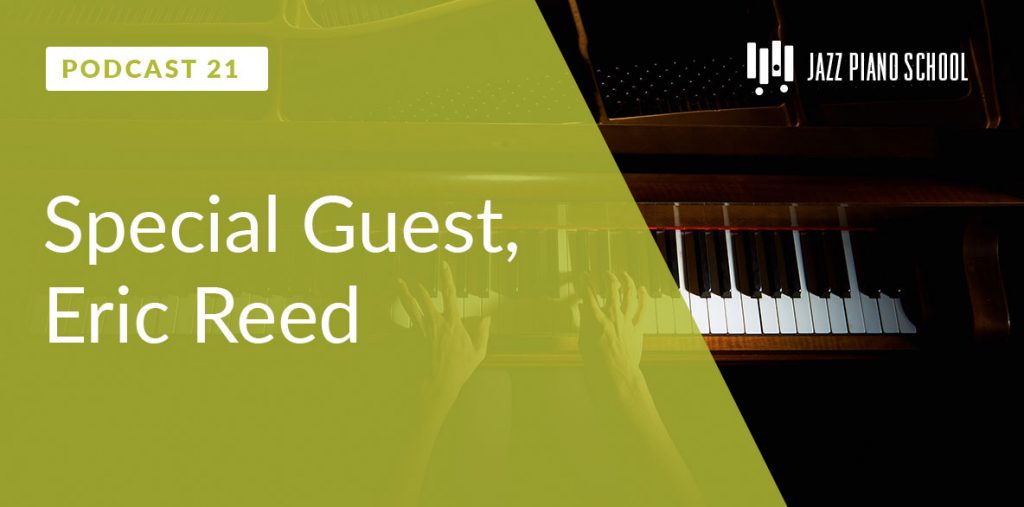

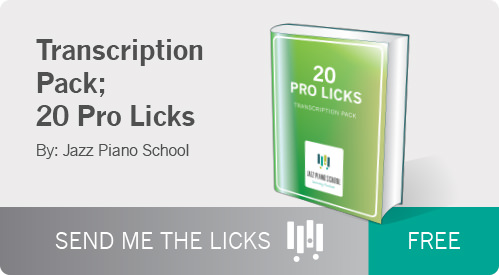
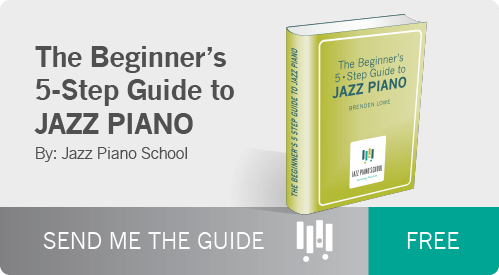
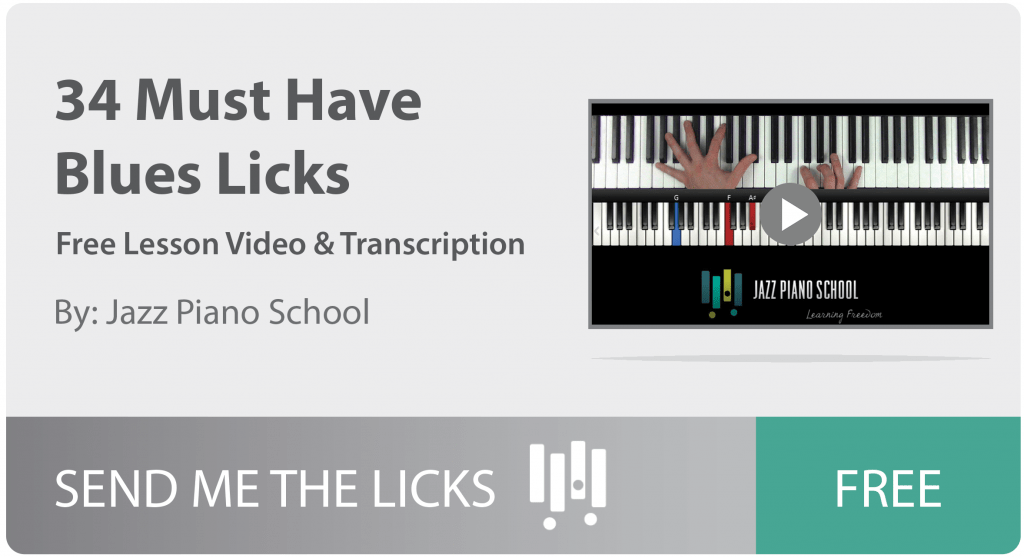
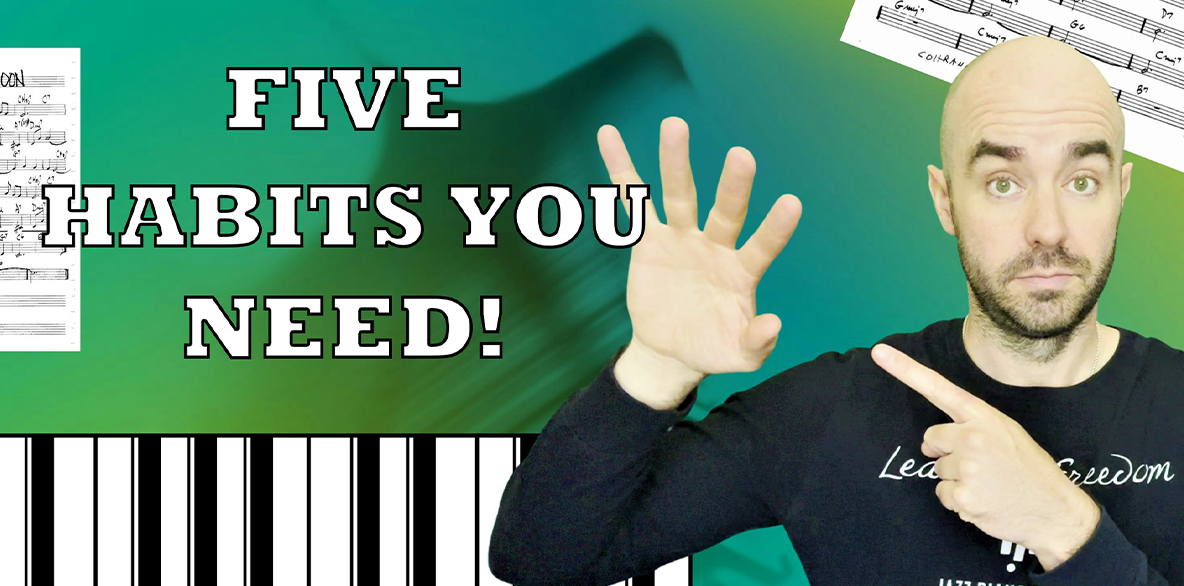
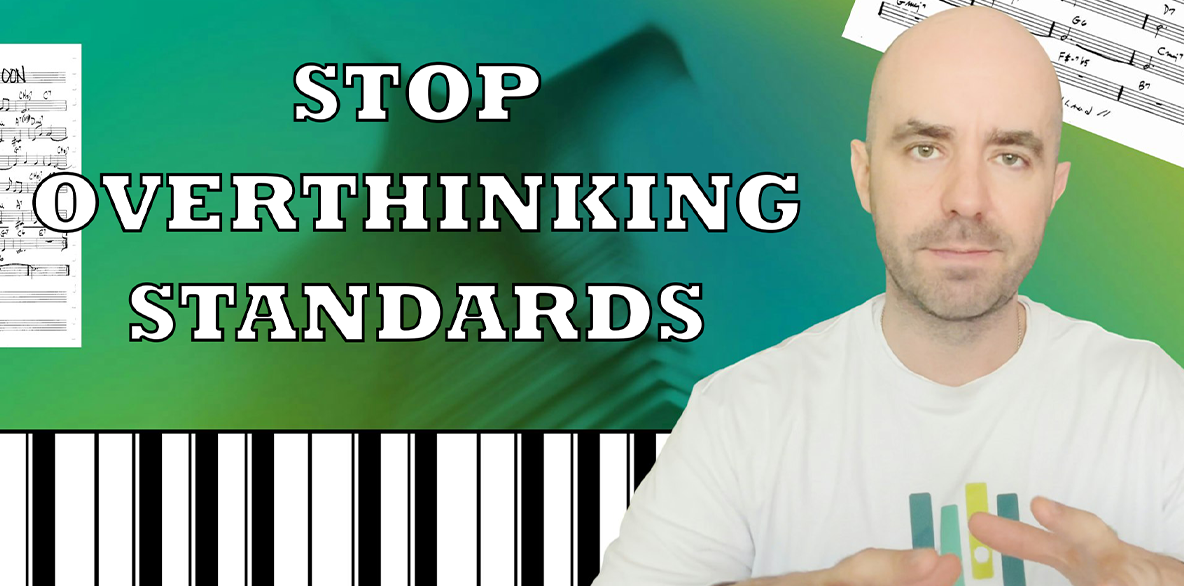
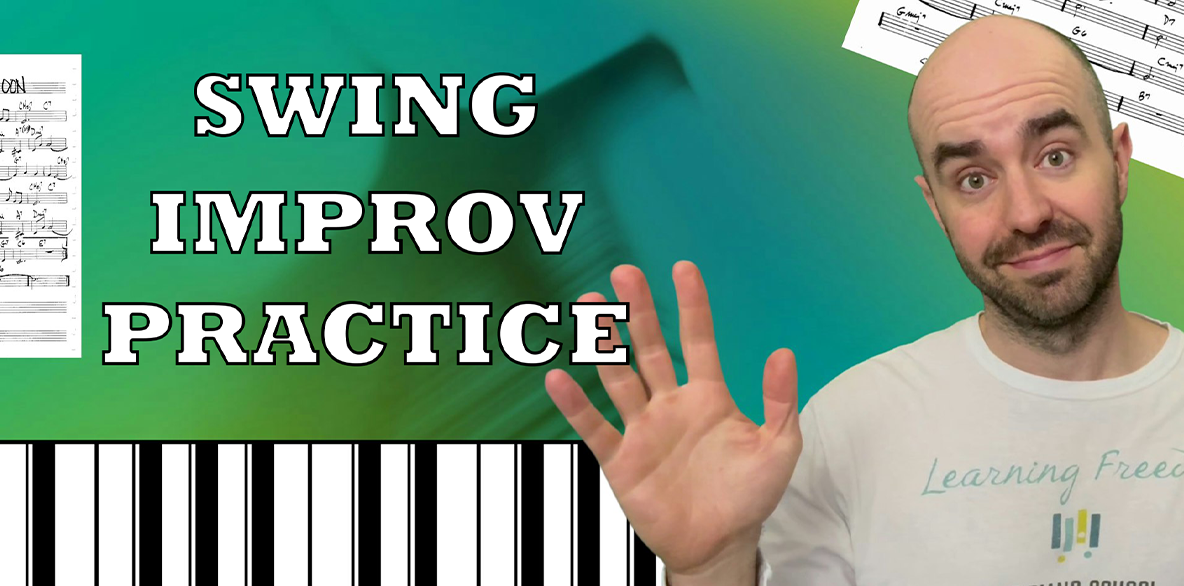
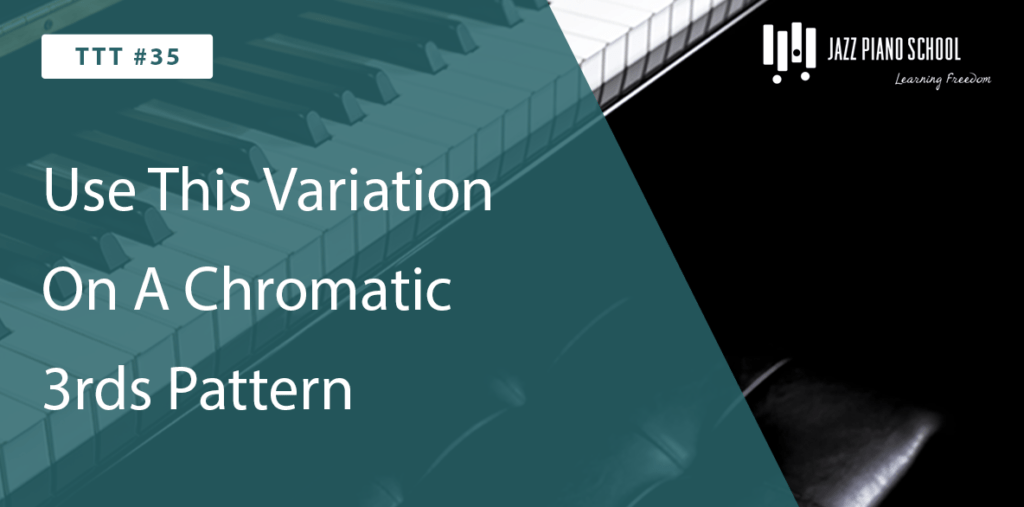
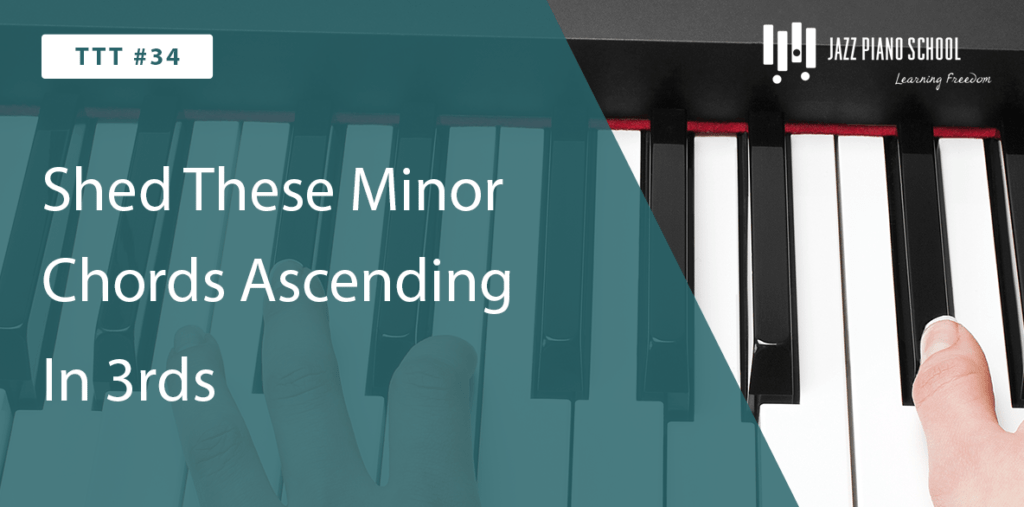
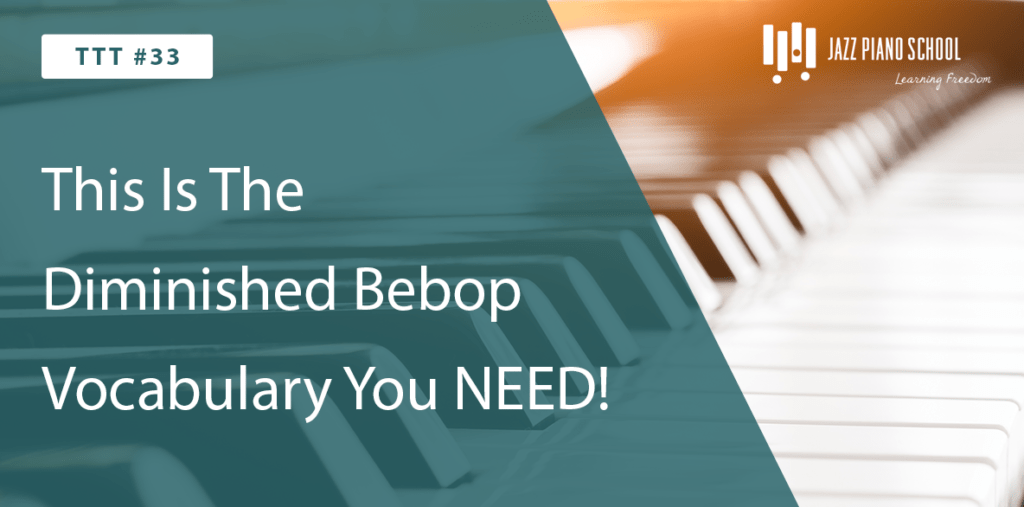


3 Responses
Thank you
I’m so happy To Met your happy Music vision !!!
Hi am 15 years old and alot of what Eric was saying resonated with me! This was so helpful as an aspiring musician and I got a full page of notes! Thanks a million Brendon!